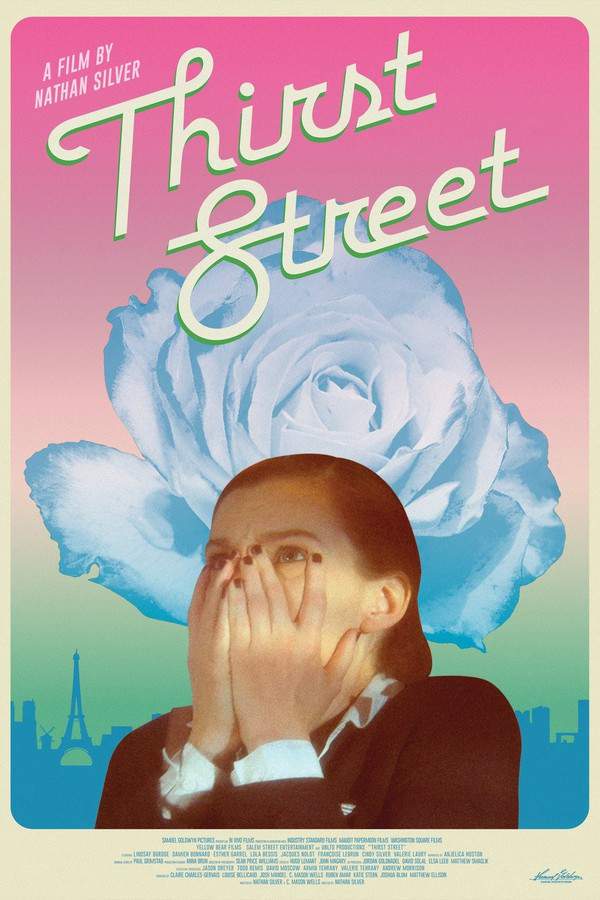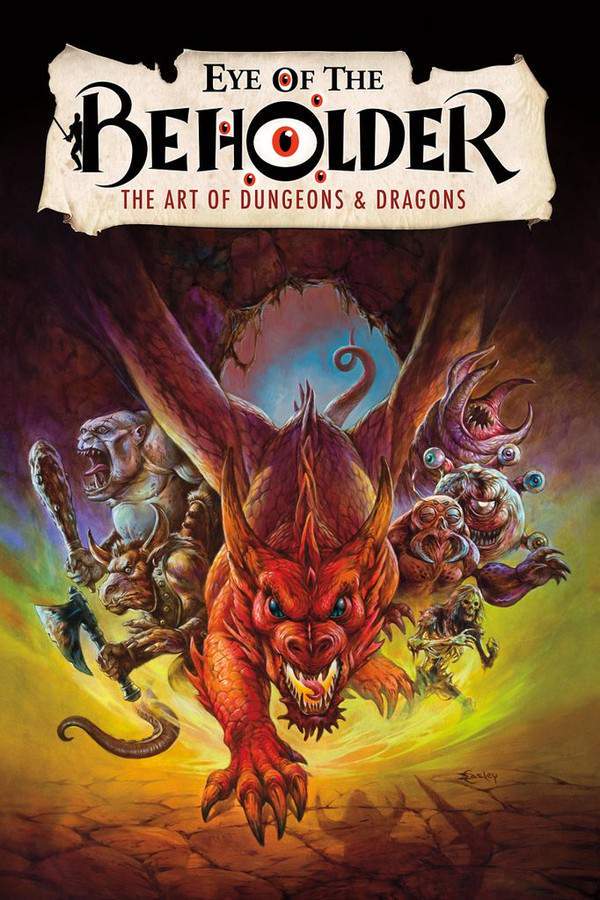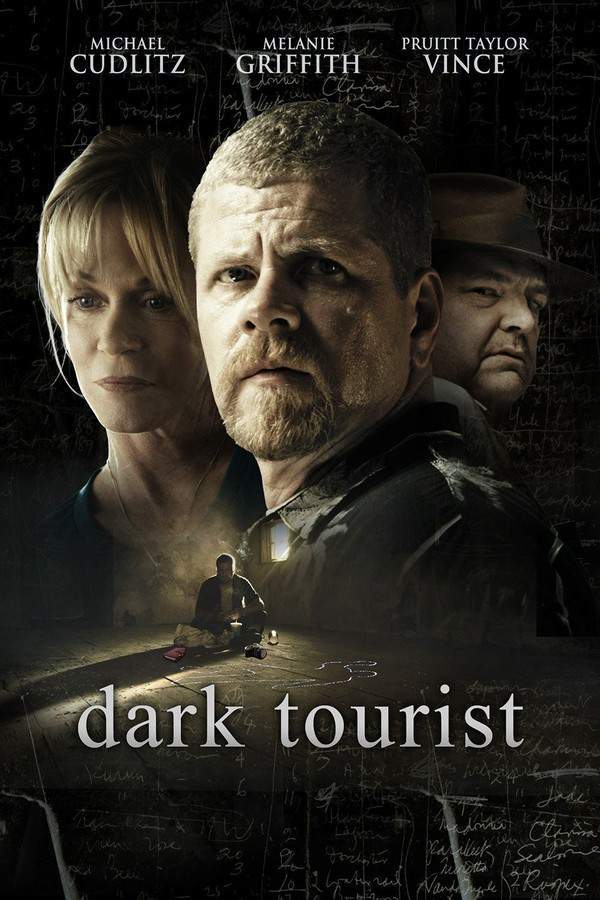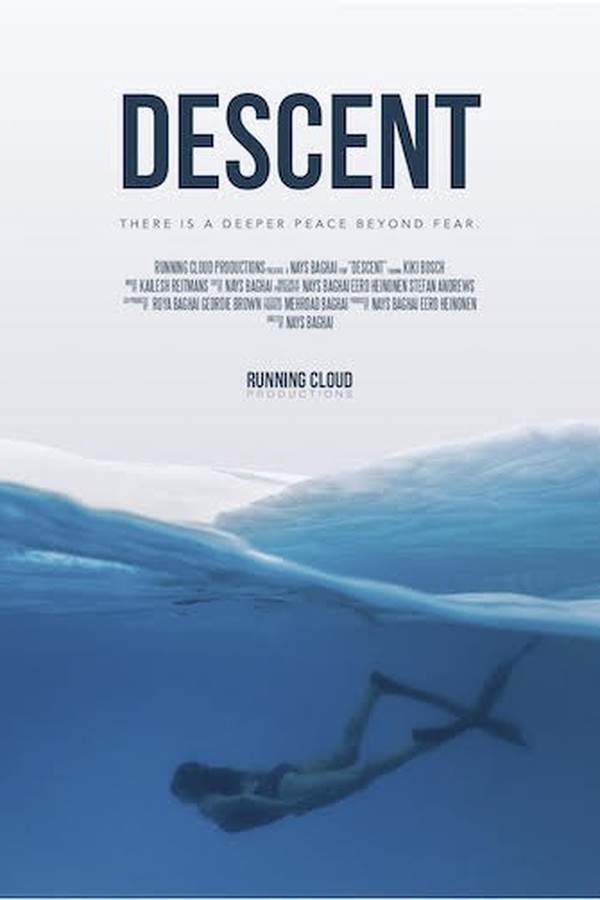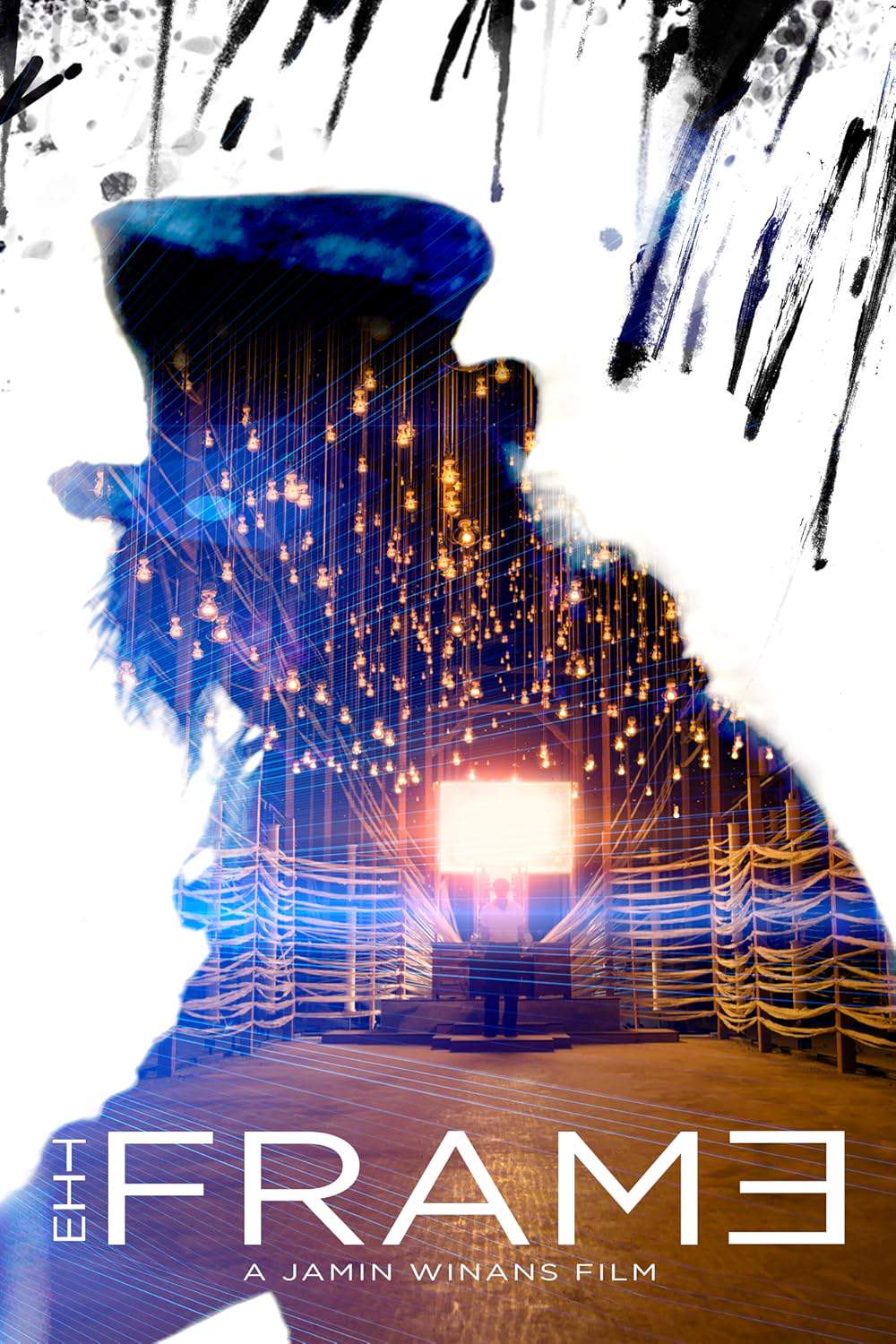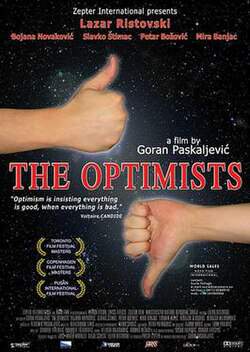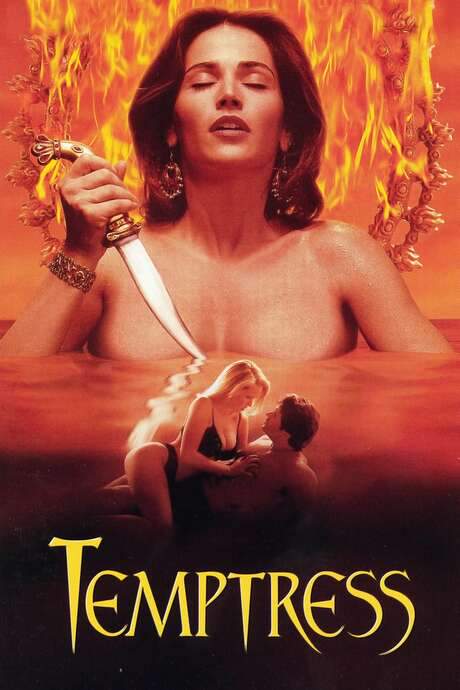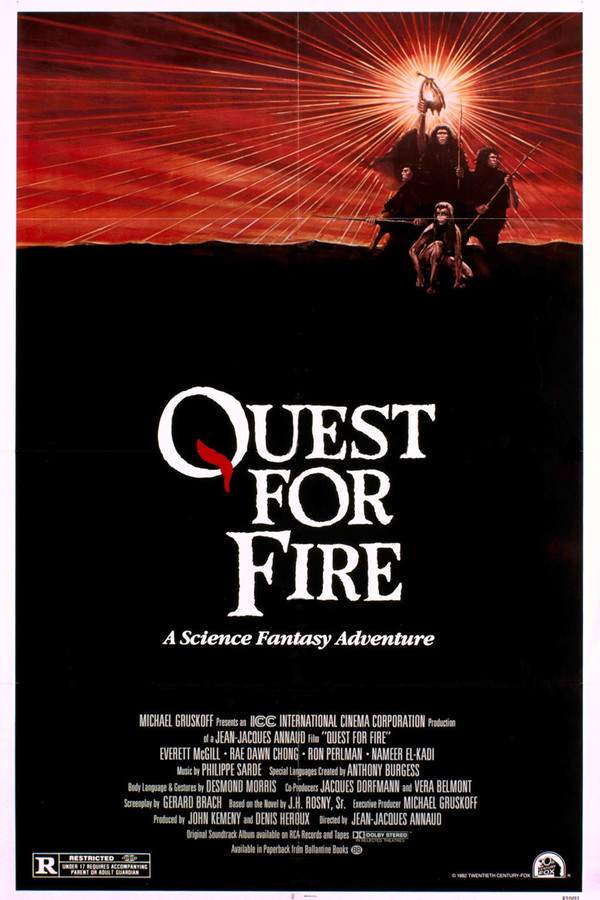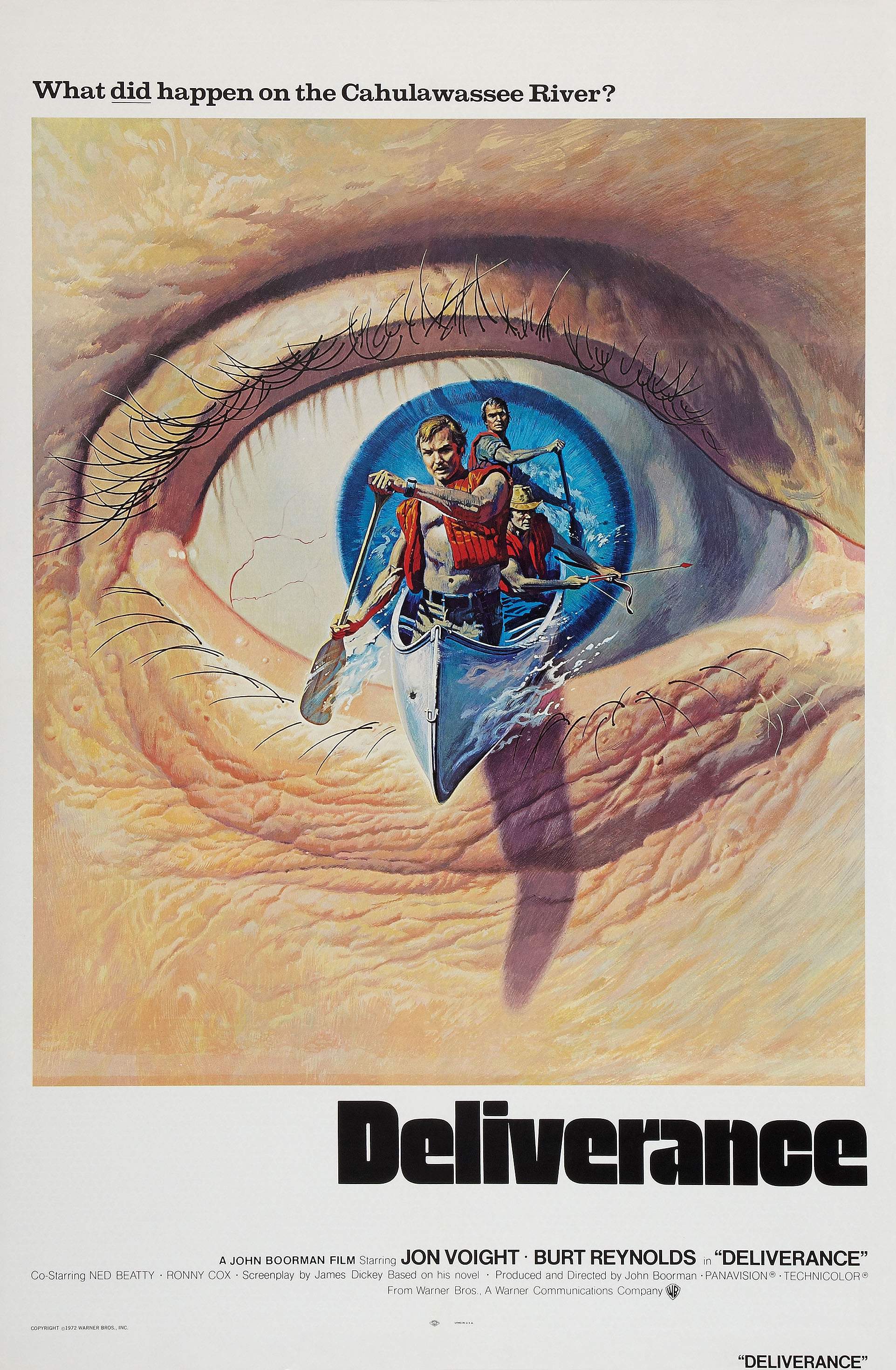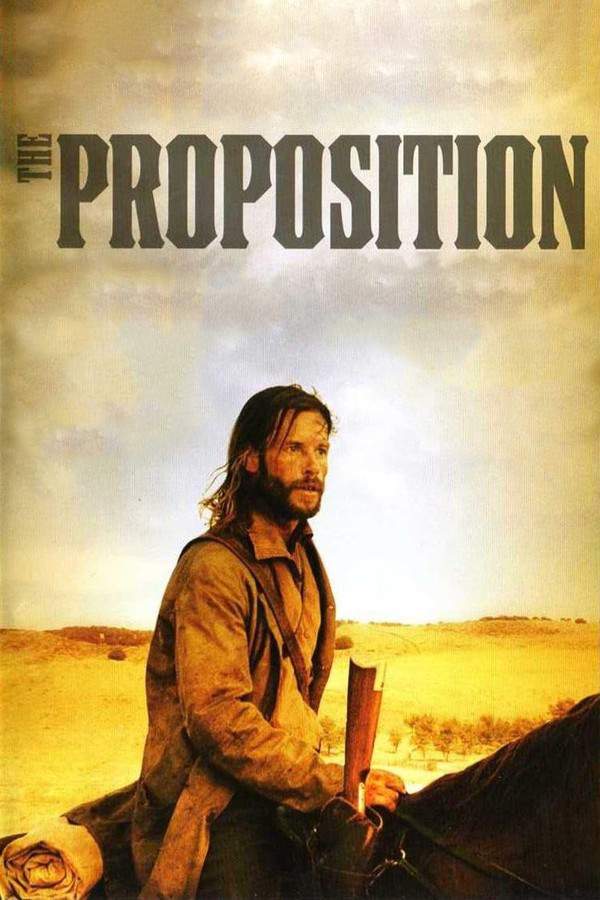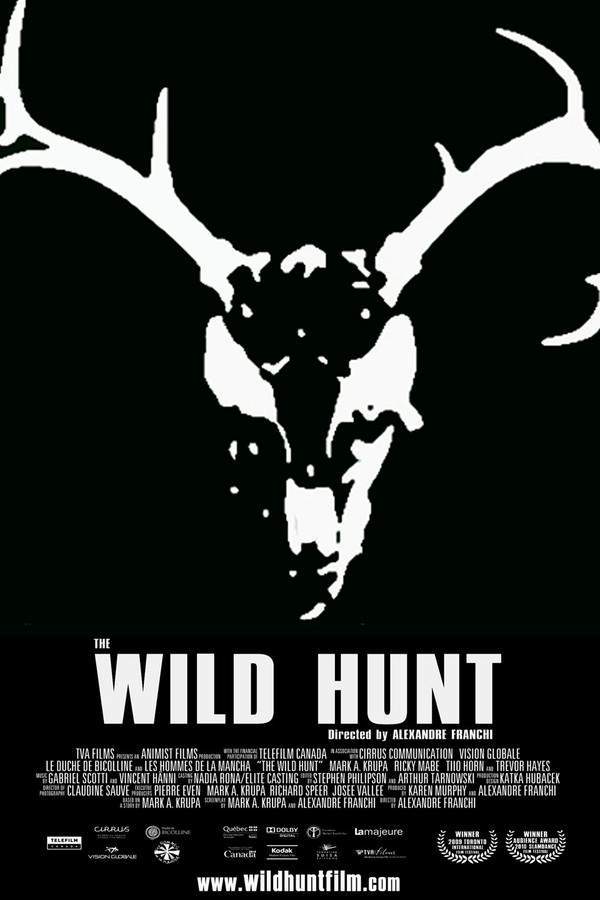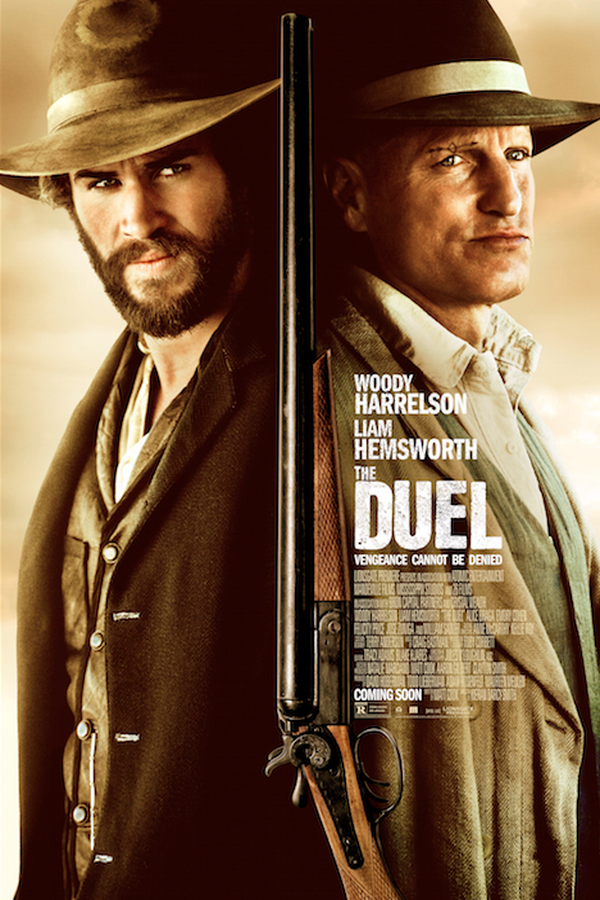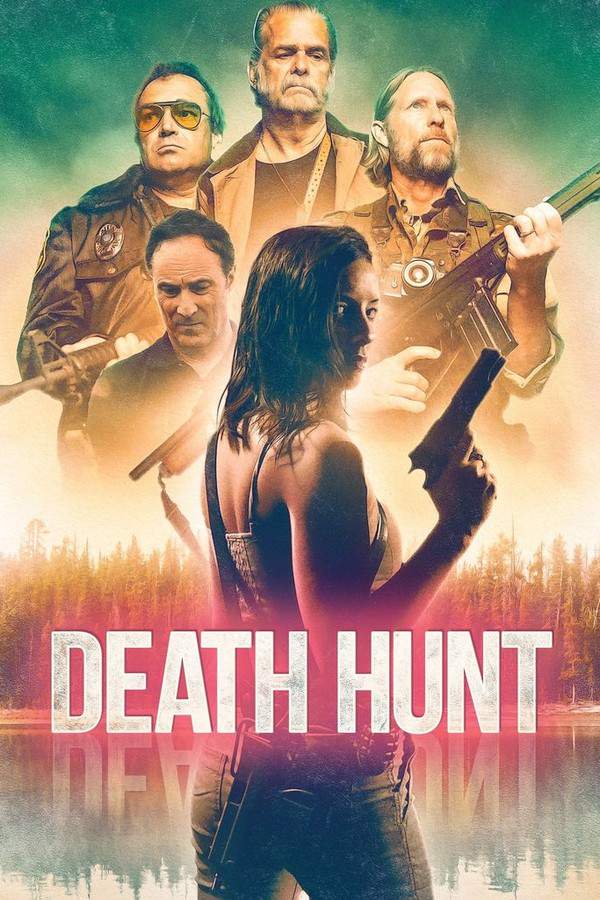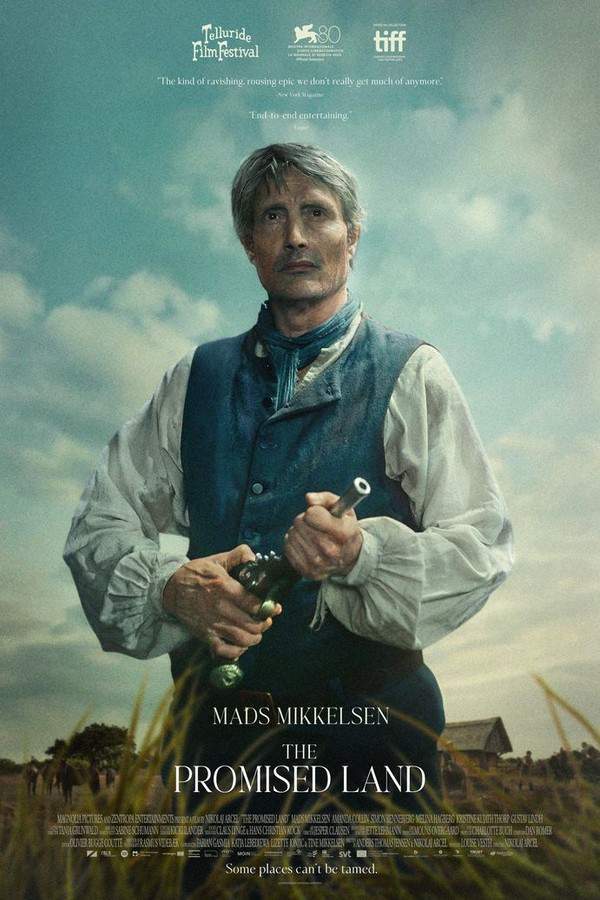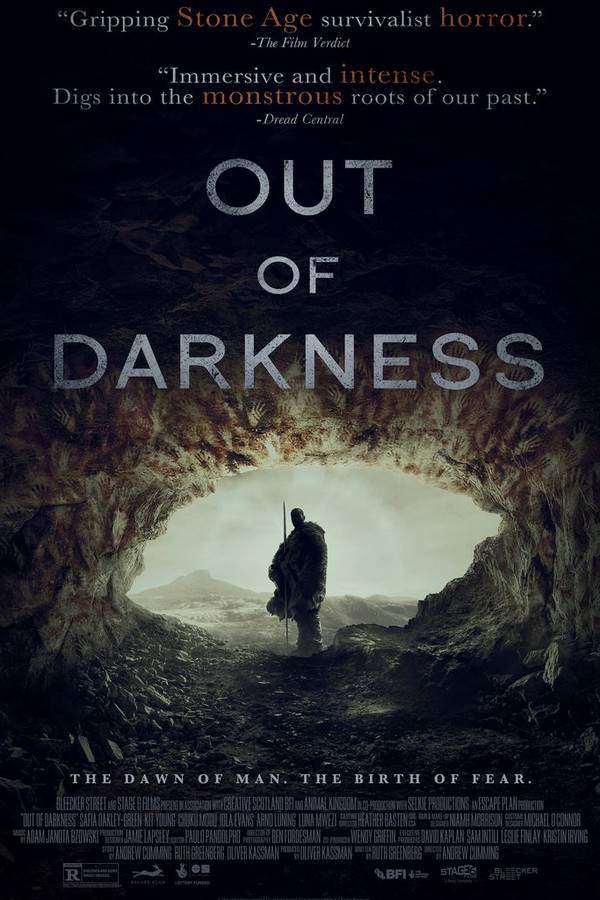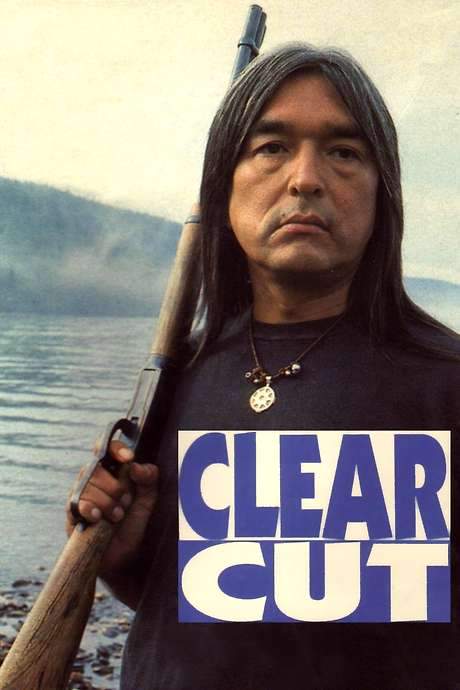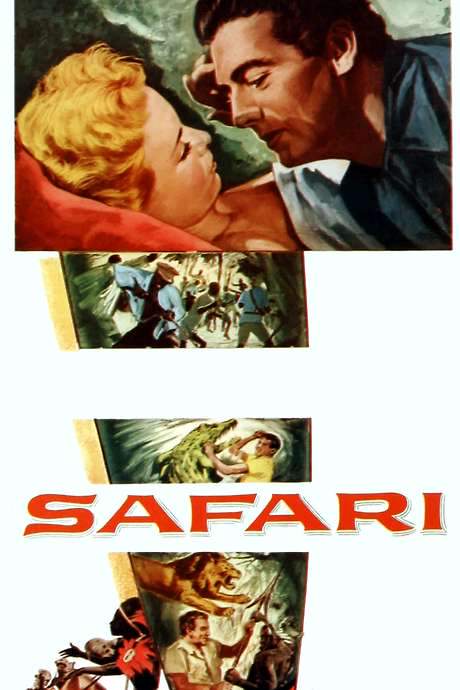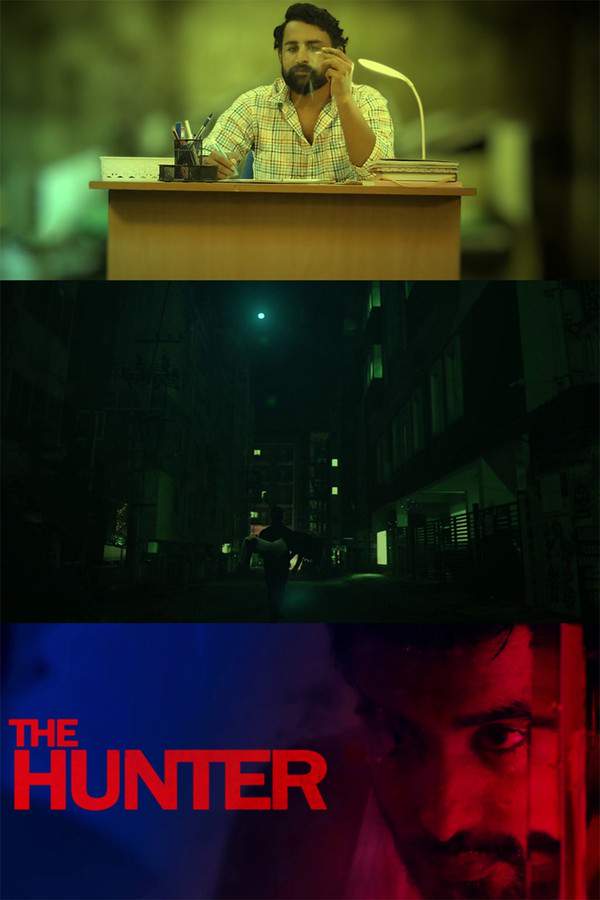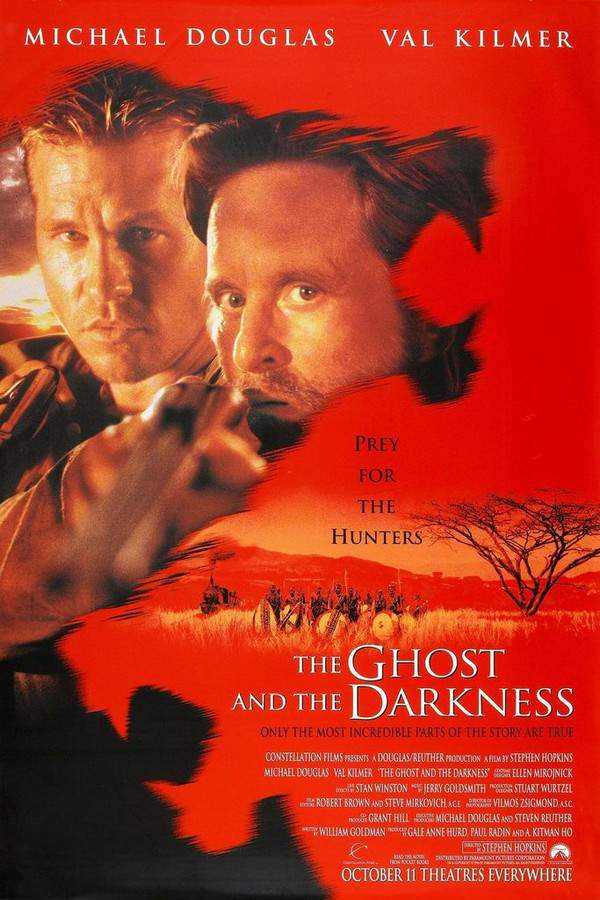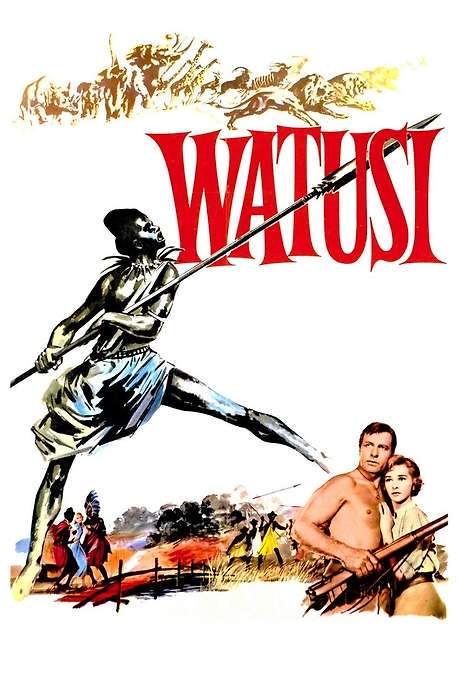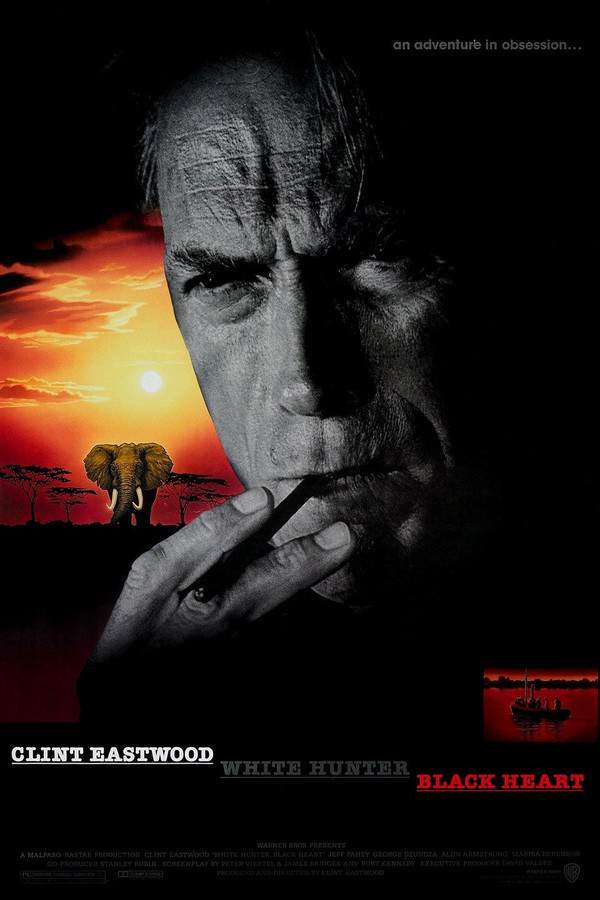
White Hunter Black Heart
Year: 1990
Runtime: 112 min
Language: English
In 1950s Zimbabwe, a driven film director, John Wilson, and his screenwriter, Pete Verrill, journey into the wilderness to shoot a film. Wilson becomes obsessed with filming a magnificent elephant, pushing himself and his crew to extreme lengths. As they venture deeper, the pursuit of the perfect shot tests the boundaries of Wilson's artistic vision and forces him to grapple with the ethical implications of his actions.
Warning: spoilers below!
Haven’t seen White Hunter Black Heart yet? This summary contains major spoilers. Bookmark the page, watch the movie, and come back for the full breakdown. If you're ready, scroll on and relive the story!
Timeline – White Hunter Black Heart (1990)
Trace every key event in White Hunter Black Heart (1990) with our detailed, chronological timeline. Perfect for unpacking nonlinear stories, spotting hidden connections, and understanding how each scene builds toward the film’s climax. Whether you're revisiting or decoding for the first time, this timeline gives you the full picture.
Last Updated: November 18, 2024 at 20:28
Explore Movie Threads
Discover curated groups of movies connected by mood, themes, and story style. Browse collections built around emotion, atmosphere, and narrative focus to easily find films that match what you feel like watching right now.
Moral Collapse Movies like White Hunter Black Heart
Stories about ambition curdling into destructive, single-minded obsession.Find more movies like White Hunter Black Heart that explore the dangerous line between ambition and obsession. These films feature protagonists whose unwavering drive leads to ethical decay and personal tragedy, perfect for viewers who appreciate heavy, character-driven dramas about moral collapse.
Narrative Summary
Stories in this thread typically follow a linear descent, charting how a character's initial admirable goal becomes corrupted by pride and hubris. The central conflict is internal and external, pitting the character's obsession against their morality and the well-being of those around them, often culminating in a preventable tragedy that serves as a sobering climax.
Why These Movies?
These films are grouped by their shared focus on a protagonist's psychological unraveling. They share a dark, intense tone, a steady pacing that builds dread, and a heavy emotional weight stemming from the consequences of the character's actions, creating a coherent experience of tragic ambition.
Wilderness Survival Dramas like White Hunter Black Heart
Journeys into untamed nature that test characters' moral boundaries.If you liked the African safari setting and moral tensions of White Hunter Black Heart, explore these similar movies. This collection features intense dramatic journeys into hostile wilderness environments where characters face profound ethical tests and the consequences of their actions in a raw, unforgiving world.
Narrative Summary
The narrative pattern involves characters entering a wild, often colonial or frontier setting, where the rules of civilization are blurred. The central conflict arises from the clash between their goals—be it artistic, commercial, or survivalist—and the ethical implications of their actions within this vulnerable ecosystem, leading to a bittersweet or tragic reckoning.
Why These Movies?
Movies in this thread share a specific vibe defined by a formidable natural setting, a steady pacing that mirrors a journey, and a high-stakes moral conflict. The combination of a dark tone, intense personal drama, and the thematic focus on man versus nature (and his own nature) creates a distinct grouping.
Unlock the Full Story of White Hunter Black Heart
Don't stop at just watching — explore White Hunter Black Heart in full detail. From the complete plot summary and scene-by-scene timeline to character breakdowns, thematic analysis, and a deep dive into the ending — every page helps you truly understand what White Hunter Black Heart is all about. Plus, discover what's next after the movie.
White Hunter Black Heart Summary
Read a complete plot summary of White Hunter Black Heart, including all key story points, character arcs, and turning points. This in-depth recap is ideal for understanding the narrative structure or reviewing what happened in the movie.

Characters, Settings & Themes in White Hunter Black Heart
Discover the characters, locations, and core themes that shape White Hunter Black Heart. Get insights into symbolic elements, setting significance, and deeper narrative meaning — ideal for thematic analysis and movie breakdowns.

White Hunter Black Heart Spoiler-Free Summary
Get a quick, spoiler-free overview of White Hunter Black Heart that covers the main plot points and key details without revealing any major twists or spoilers. Perfect for those who want to know what to expect before diving in.

More About White Hunter Black Heart
Visit What's After the Movie to explore more about White Hunter Black Heart: box office results, cast and crew info, production details, post-credit scenes, and external links — all in one place for movie fans and researchers.

Similar Movies to White Hunter Black Heart
Discover movies like White Hunter Black Heart that share similar genres, themes, and storytelling elements. Whether you’re drawn to the atmosphere, character arcs, or plot structure, these curated recommendations will help you explore more films you’ll love.
Explore More About Movie White Hunter Black Heart
White Hunter Black Heart (1990) Plot Summary & Movie Recap
White Hunter Black Heart (1990) Scene-by-Scene Movie Timeline
White Hunter Black Heart (1990) Spoiler-Free Summary & Key Flow
Movies Like White Hunter Black Heart – Similar Titles You’ll Enjoy
The Hunter (2012) Ending Explained & Film Insights
The Ghost and the Darkness (1996) Ending Explained & Film Insights
The White Masai (2005) Film Overview & Timeline
White Hunter (1990) Full Movie Breakdown
White Mischief (1987) Story Summary & Characters
White Widow (2023) Spoiler-Packed Plot Recap
Forbidden Jungle (1950) Spoiler-Packed Plot Recap
The White Gorilla (1945) Detailed Story Recap
White Wolves (1969) Full Movie Breakdown
White Cargo (1942) Complete Plot Breakdown
Heart of Darkness (1993) Story Summary & Characters
Watusi (1959) Plot Summary & Ending Explained
Harry Black and the Tiger (1958) Detailed Story Recap
The Roots of Heaven (1958) Film Overview & Timeline
White Witch Doctor (1953) Complete Plot Breakdown


